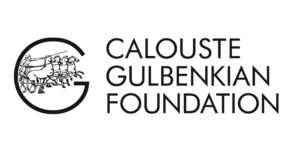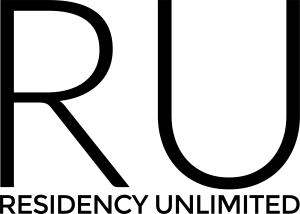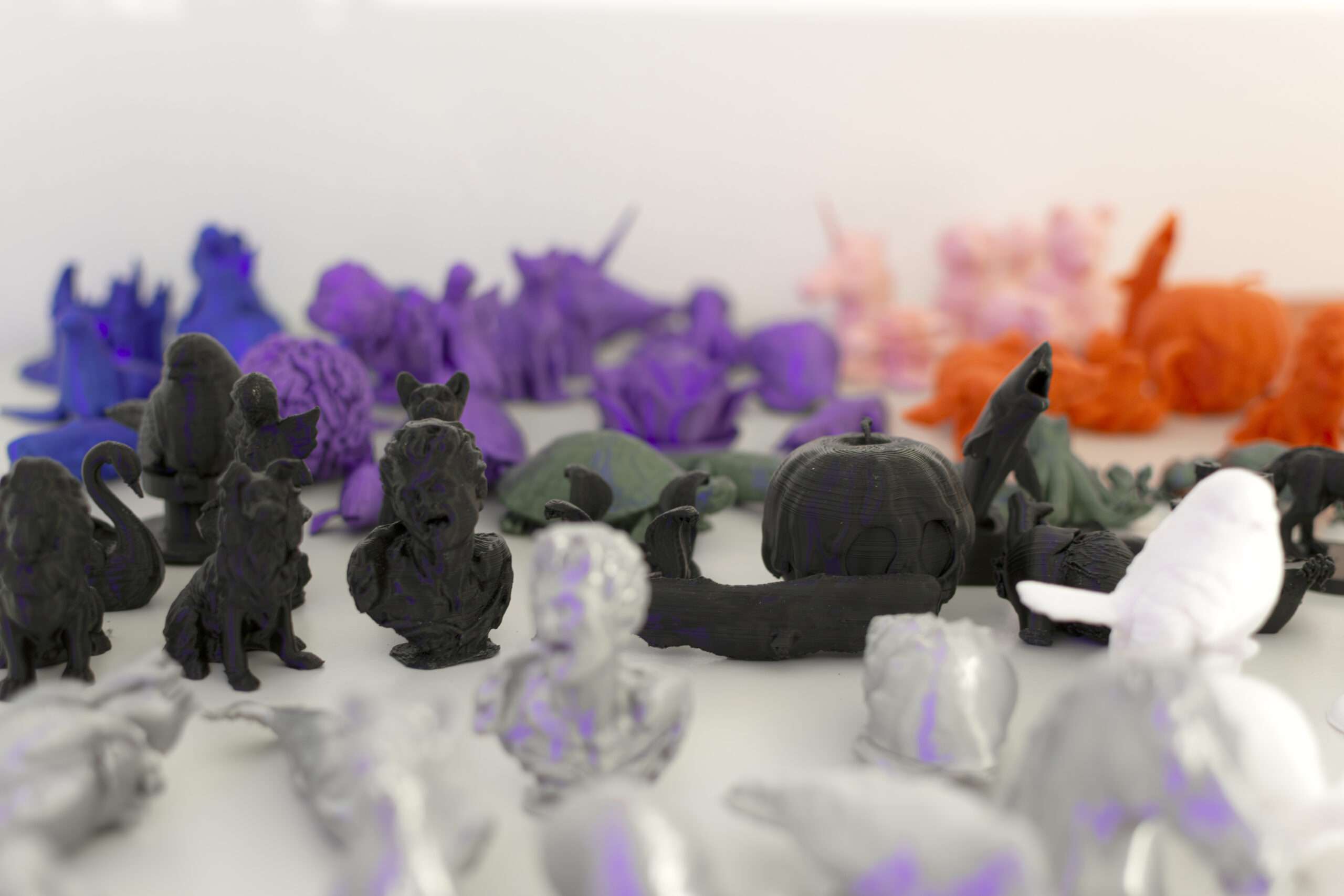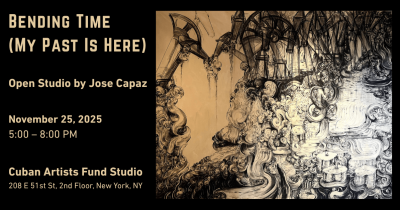Wednesday, November 19, 2025 | 5:00 – 8:00 PM
Location: Residency Unlimited, 360 Court Street (main green church doors), Brooklyn NY 11231 (map)
Free participation
At the opening of the RU resident group show “Pass, Memory, Pause”, in addition to her featured work “Personalized Archive Network”, RU resident artist Ana Loureiro will be conducting a participatory project “…the way you say it”.
“…the way you say it.” project specifically emphasizes visual communication and symbolism, encouraging the project’s participants to express their innermost thoughts by creating compositions using a photo booth, 3D printed objects and colorful backgrounds.
The project’s main goal is to explore and combine alternative and/or existential communication methods and simultaneously create a unique and immersive communication experience for the visitors. Imagine stepping into a temple of expression, where each individual is invited to articulate their thoughts by freely using codes based on the combination of objects and color symbolism.
This approach not only encourages active participation but also blurs the boundaries between the artist and the audience. By engaging with a dedicated area for communication, the visitors are more than spectators and become essential components of the project.
Click above to see the images from the program
About:
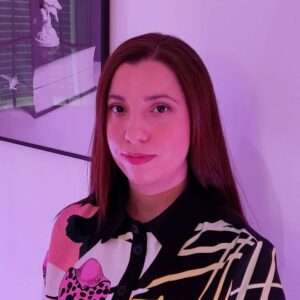
Ana Loureiro is an interdisciplinary artist. Since 2016, her artistic practice has focused on analysing the relationship between different types of spaces and their associated memories. Initially, the works produced were influenced by the artist’s personal experiences and later, included external participation, resulting in the “Substratum of memories” project developed during 2021. In 2024, Loureiro started the “Personalized Archive Network“, a project related to the study of deactivated spaces. During the long existence of deactivated spaces, multiple metamorphoses occurred until they became what they are today — cultural hubs. Tracing architectural elements and the marks of the passage of time in those spaces are the structures of the archive. In its network, the project has already included buildings located in different countries. In parallel, Loureiro has created participatory projects that address issues connected to the complexity of communication.
This program is supported by the Calouste Gulbenkian Foundation.
